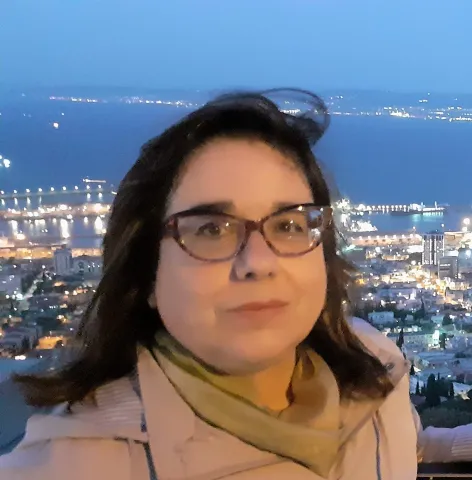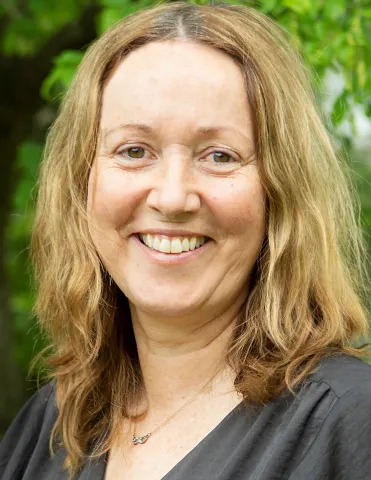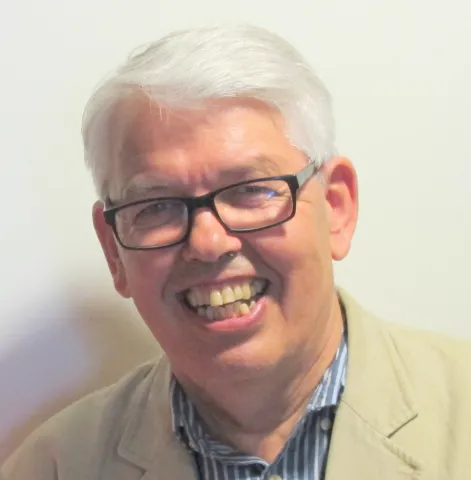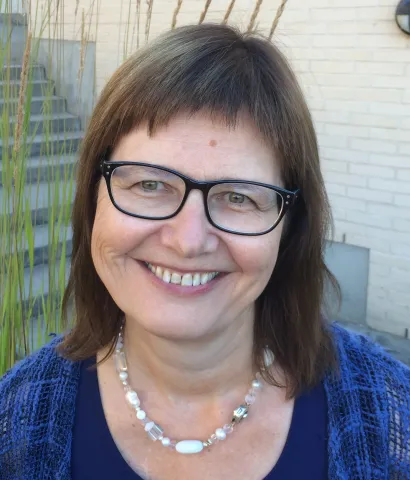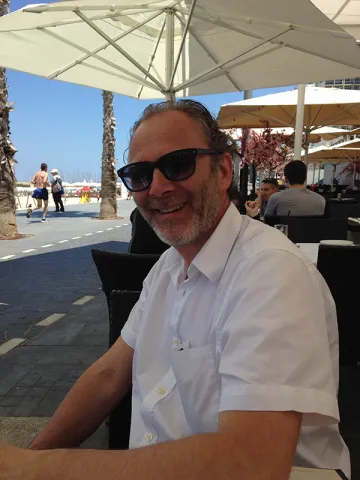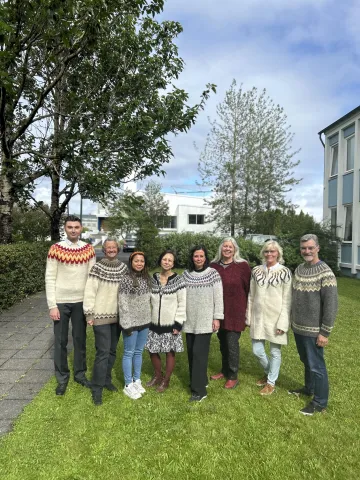|
|
Aspa Chatzidaki,
|
|
|
Dalvir Gill,
|
Christina Hedman, Stockholm UniversityEngaging in conversations on multilingualism via work on Critical Multilingual Language Awareness in a preparatory class in Sweden: Scenarios of possibilityThis paper draws from a research project based in the Cambridge–Stockholm Collaborative Research Grants Scheme in which we piloted a Critical Multilingual Language Awareness approach collaboratively with teachers in a preparatory class for recently arrived secondary school students in Sweden (see Hedman & Fisher, 2022a, 2022b). In this approach, the teachers adapted teaching material on Language Awareness from the We Are Multilingual (https://www.wamcam.org) strand of the Multilingualism: Empowering Individuals, Transforming Societies project (http://www.meits.org; see Fisher et al., 2020). The adapted approach was also based on the five principles of educational design for multilingual learners (Prasad & Lory, 2020, p. 806), which relate to cognitive, performative, affective, social and power domains of language awareness (James & Garret, 1992). One rationale was to reinforce multilingual language awareness and processes of empowerment either before or just as the migrant students enter mainstream classes. Such approaches have not previously been reported on in Sweden. Data consist of audio- and video-recordings from classroom observations, students and teacher interviews, and fieldnotes. In this presentation, I focus on some of the many conversations on multilingualism – as co-learning – between the students and the six participating Multilingual Study Mentors (MSMs) within this thematic frame. MSMs usually support recently arrived students’ learning through languages other than Swedish. Here, the MSMs’ role was expanded and contributed added value to the conversations in ways that offered scenarios of possibility (Heath, 2000), for example, by shifting taken-for-granted perceptions of subordinated everyday language experiences and knowledge into practices of curiosity (Bozalek & Zembylas, 2017). |
|
|
|
Jim Cummins,
|
|
|
Lars Anders Kulbrandstad,
|
|
|
Lise Iversen Kulbrandstad,
|
|
|
Piet Van Avermaet,
|
Hanna Ragnarsdóttir, Kristín Jónsdóttir, Renata Emilsson Peskova, Samúel Lefever, Anh-Dao K. Tran, Anna Katrín Eiríksdóttir, Artëm Ingmar Benediktsson and Kriselle Suson Jónsdóttir, Menntavísindasviði Háskóla ÍslandsLanguage policies and practices of diverse immigrant families in Iceland and their implications for education / Tungumálastefna og starfshættir fjölbreyttra fjölskyldna innflytjenda á Íslandi og áhrif þeirra á menntun
Migration to Iceland has grown rapidly in recent years and the changing demographics have had an impact on society as well as the education system. The research project, Language policies and practices of diverse immigrant families in Iceland and their implications for education (LPP) aims at critically exploring the language policies and practices of diverse immigrant families. The project focuses on how these impact their children’s education and the relationships between these families, their heritage language communities, their teachers and principals. The LPP project involves 16 immigrant families, who have diverse languages and educational and socio-economic backgrounds and their children of different genders, as well as the children’s teachers and principals at preschool and compulsory school levels and, where relevant, their heritage language teachers. The LPP project is the first extensive Icelandic study on immigrant families’ language policies and practices and its main value is providing insight into these and their implications for educational policy and practices. Mapping the situation in Iceland in relation to active bi- and multilingualism and the development of bi- or multi-literacy of children will provide important information for schools on how to work with families for active bi- and multilingualism as well as providing information for parents and policy makers on effective language policies and practices. In our presentation we will give an overview of the project and draw on few examples from first findings. Á íslensku Flutningur fólks til Íslands hefur aukist hratt á undanförnum árum og þær breytingar hafa haft áhrif á samfélagið og menntakerfið. Markmið rannsóknarverkefnisins Tungumálastefna og starfshættir fjölbreyttra fjölskyldna innflytjenda á Íslandi og áhrif þeirra á menntun (LPP) er að rannsaka með gagnrýnum hætti tungumálastefnu og starfshætti fjölbreyttra fjölskyldna innflytjenda. Verkefnið beinir athygli að því hvernig tungumálstefnan hefur áhrif á menntun barnanna og tengsl þessara fjölskyldna, móðurmálssamfélaga þeirra, skólastjóra og kennara barnanna. Þátttakendur í LPP rannsóknarverkefninu eru 16 fjölskyldur innflytjenda sem hafa fjölbreytt tungumál, menntun og félags- og efnahagslegan bakgrunn og börn þeirra af ólíku kyni, svo og skólastjórar og kennarar barnanna í leik- og grunnskóla, og móðurmálskennarar þeirra. LPP rannsóknarverkefnið er fyrsta víðtæka íslenska rannsóknin á tungumálastefnu og starfsháttum fjölbreyttra fjölskyldna innflytjenda og helsta gildi þess er að veita innsýn í þær og áhrif þeirra á menntastefnu og starfshætti. Kortlagning á tví- og fjöltyngi fjölskyldna á Íslandi og þróun læsis barna þeirra mun veita mikilvægar upplýsingar fyrir skóla um hvernig er best að vinna með fjölskyldum að virku tví- og fjöltyngi, auk þess að veita foreldrum upplýsingar um skilvirka tungumálastefnu og starfshætti. Í erindi okkar munum við gefa yfirlit yfir verkefnið og taka nokkur dæmi af fyrstu niðurstöðum. |
